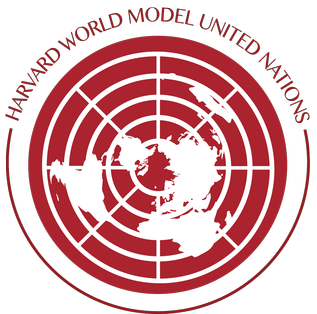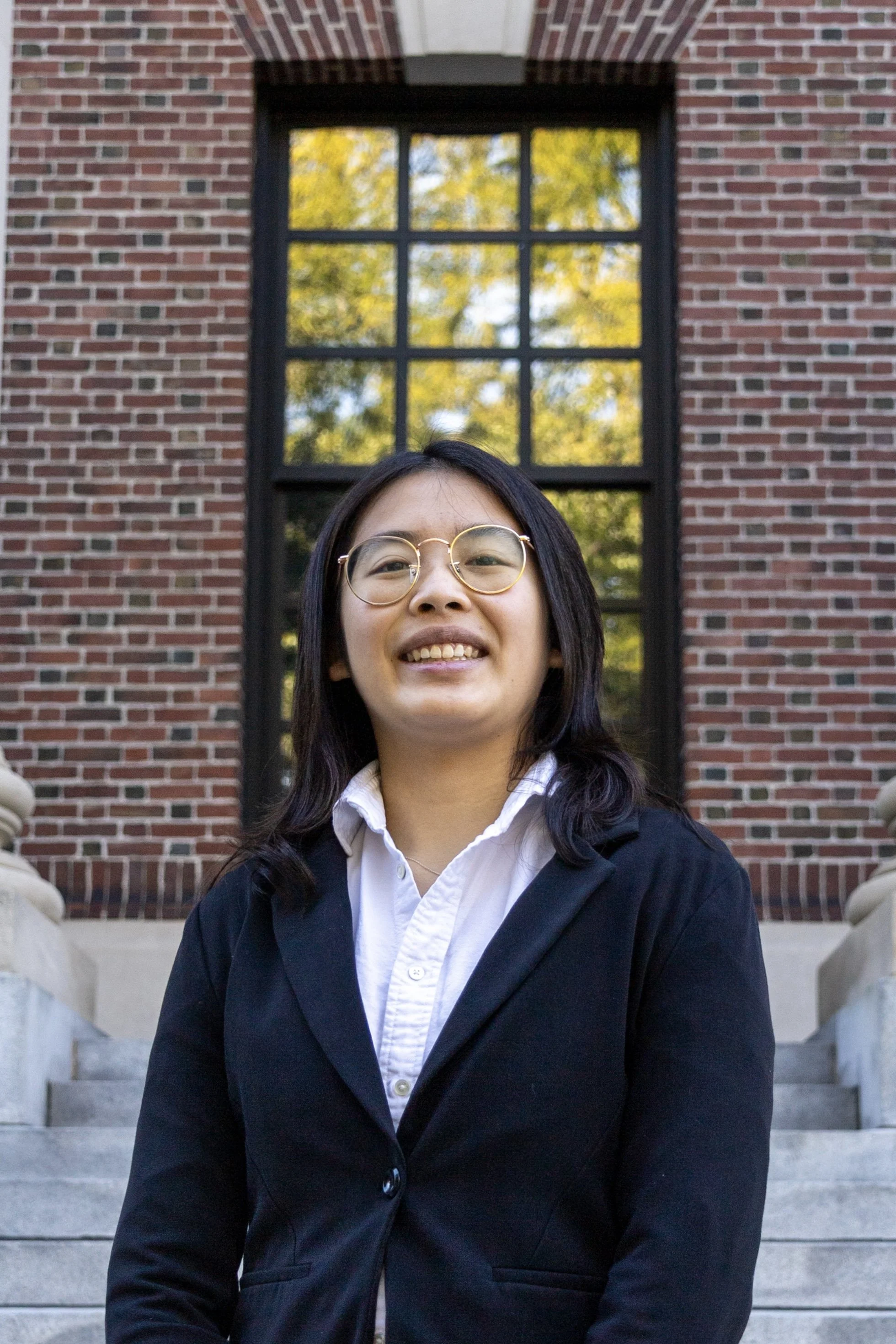Theresa Huang
disec@worldmun.org
Theresa Huang is a Senior from Boston at Harvard College studying Economics and Computer Science. On campus, she is involved with Tech for Social Good, Phillips Brooks House Association, and Asian American Dance Troupe. In her free time, she enjoys watching movies, scrolling through Reels, and listening to pop music.
Topic: Safeguarding International Peace from Military-Cyber AI Threats
The intersection of artificial intelligence and cyber capabilities represents one of the fastest moving threats to international peace and stability. The number of cyberattacks that employ AI technologies has increased by nearly 300% since 2020 and this raises concerns regarding risk to critical civilian and military infrastructures. Attacks are now happening at machine speeds, dynamically adapting to defenses, and exploiting vulnerabilities beyond human response times. For example, recent operations by actors like Volt Typhoon allegedly breached U.S. communications with the assistance of AI, demonstrate an erosion of distinctions between traditional geopolitical conflict and digital coercion. Traditional deterrence approaches do not apply where attribution is uncertain. Furthermore, our legal and normative systems for deterring conflict and provoking change are misaligned. Experts routinely cite uncertainty about state accountability and responsibility as a gap engagement with the international cyber norms.
For DISEC, delegates will need to address the evolution of national sovereignty and the continuing need for international cooperation to be transparent with one another. Ultimately, international treaties and verification regimes need to be established to allow the international community to manage risk while continuing prudent and credible restraint.


